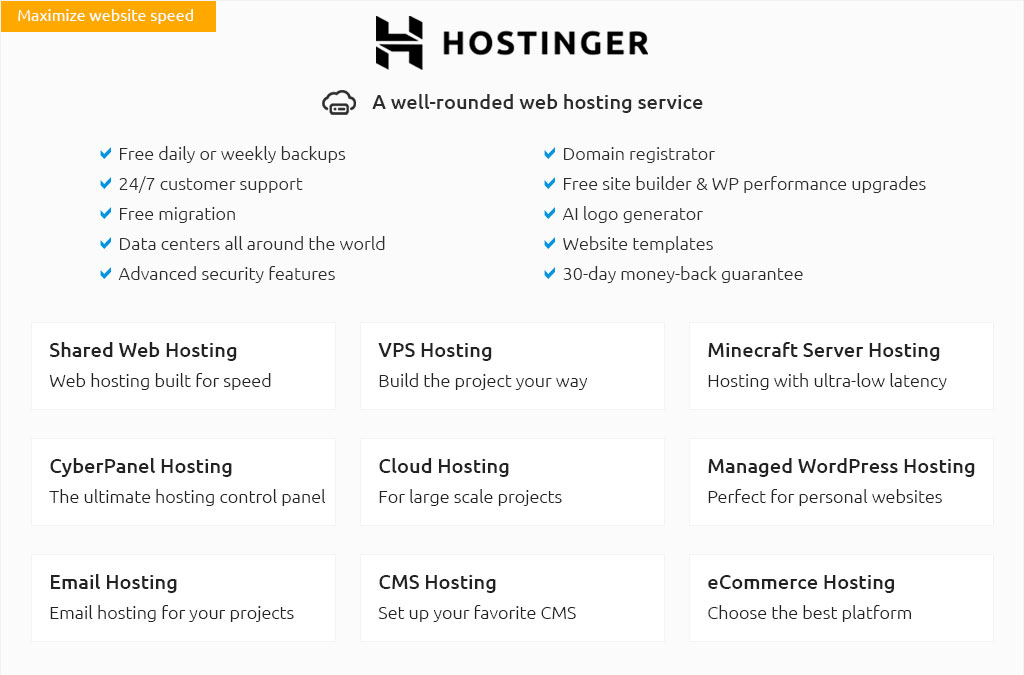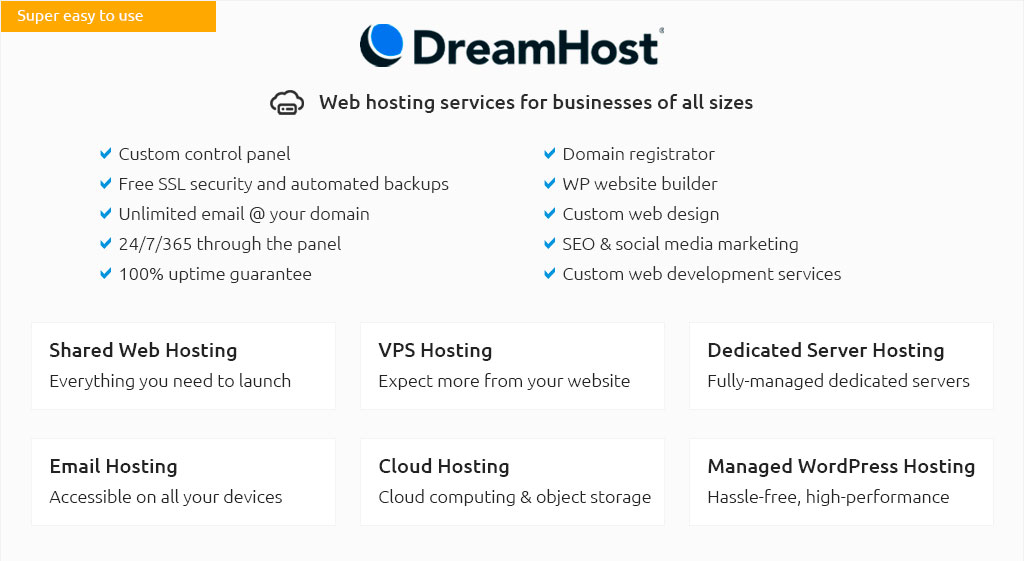 |
|||
 |
 |
 |
|
 |
|
 |
 |
 |
|||
 |
|||
 |
|||
 |
|||
 |
 |
|
Discover the ultimate game-changer in web hosting with Host Plan, where we cut through the noise and deliver unapologetically honest reviews that empower you to make informed decisions; forget the fluff and the jargon-our insights are crafted with precision, clarity, and a no-nonsense approach, ensuring your website thrives with unparalleled speed, reliability, and support, because at Host Plan, we believe you deserve more than just a service-you deserve a partner in your online success.
https://www.horizonblue.com/providers/products-programs/bluecard-r-program/bluecard-program-faqs
The Host Plan is the Blue Cross and/or Blue Shield Plan in the area where services are rendered. Q. Whom do I contact for information on a BlueCard claim? https://www.lawinsider.com/dictionary/host-plan
Host Plan means the on-site Blue Cross/ Blue Shield Plan, which services the geographic area outside the Service Area where the covered services are provided. https://www.bcbsks.com/glossary/host-plan
A Blue Cross and Blue Shield Plan that is part of the BlueCard program which makes payments for services rendered by a provider in their Plan area for a ...
|